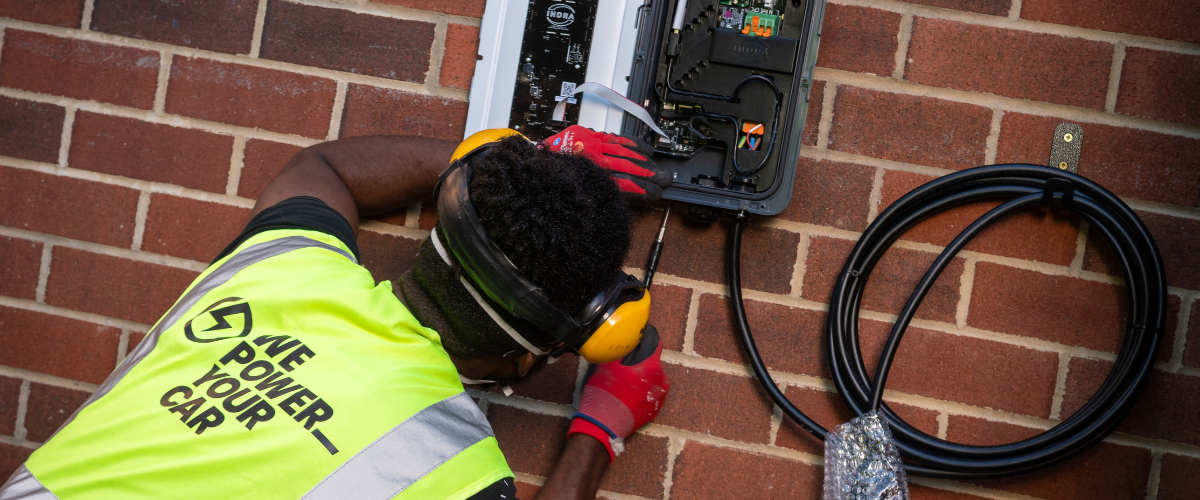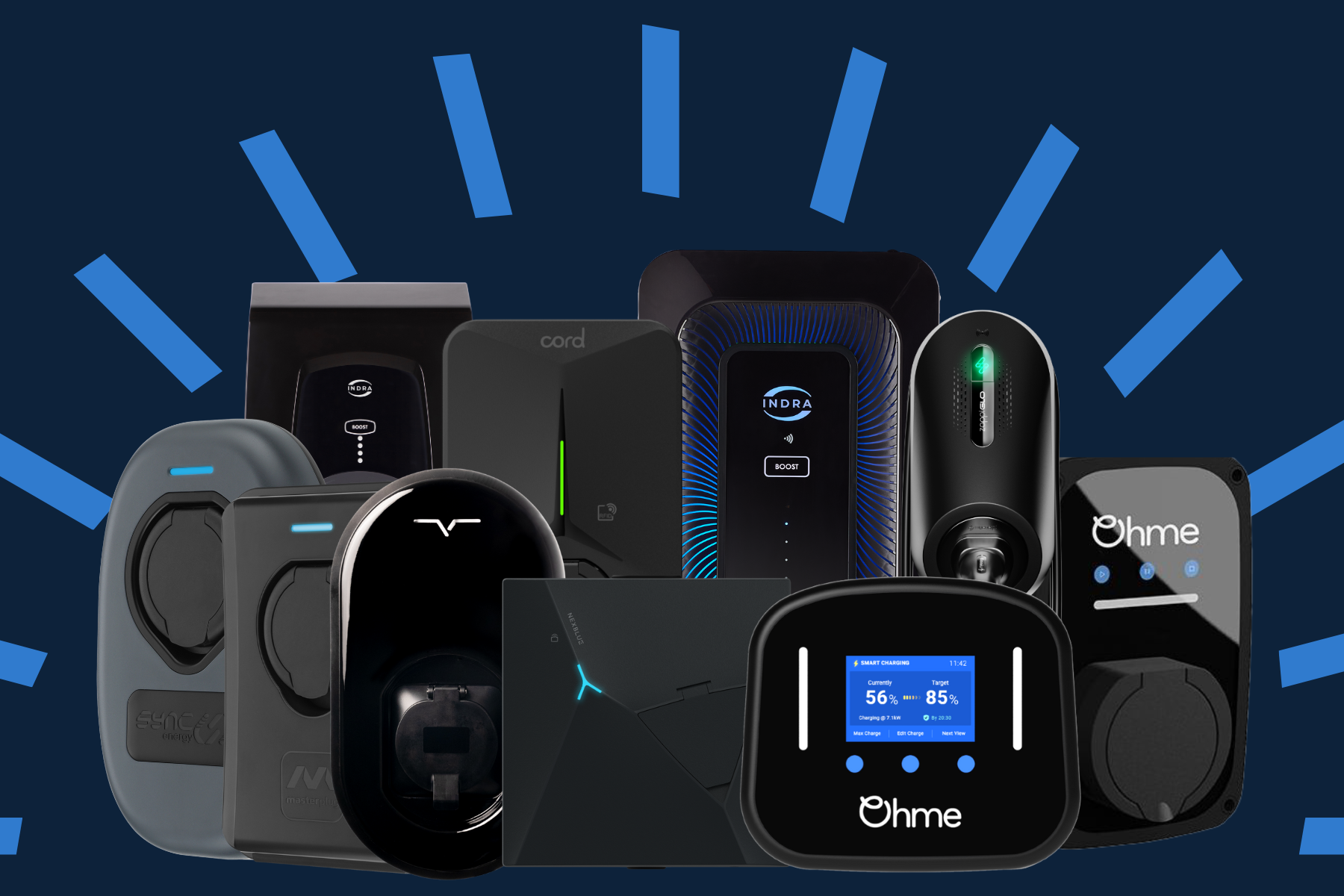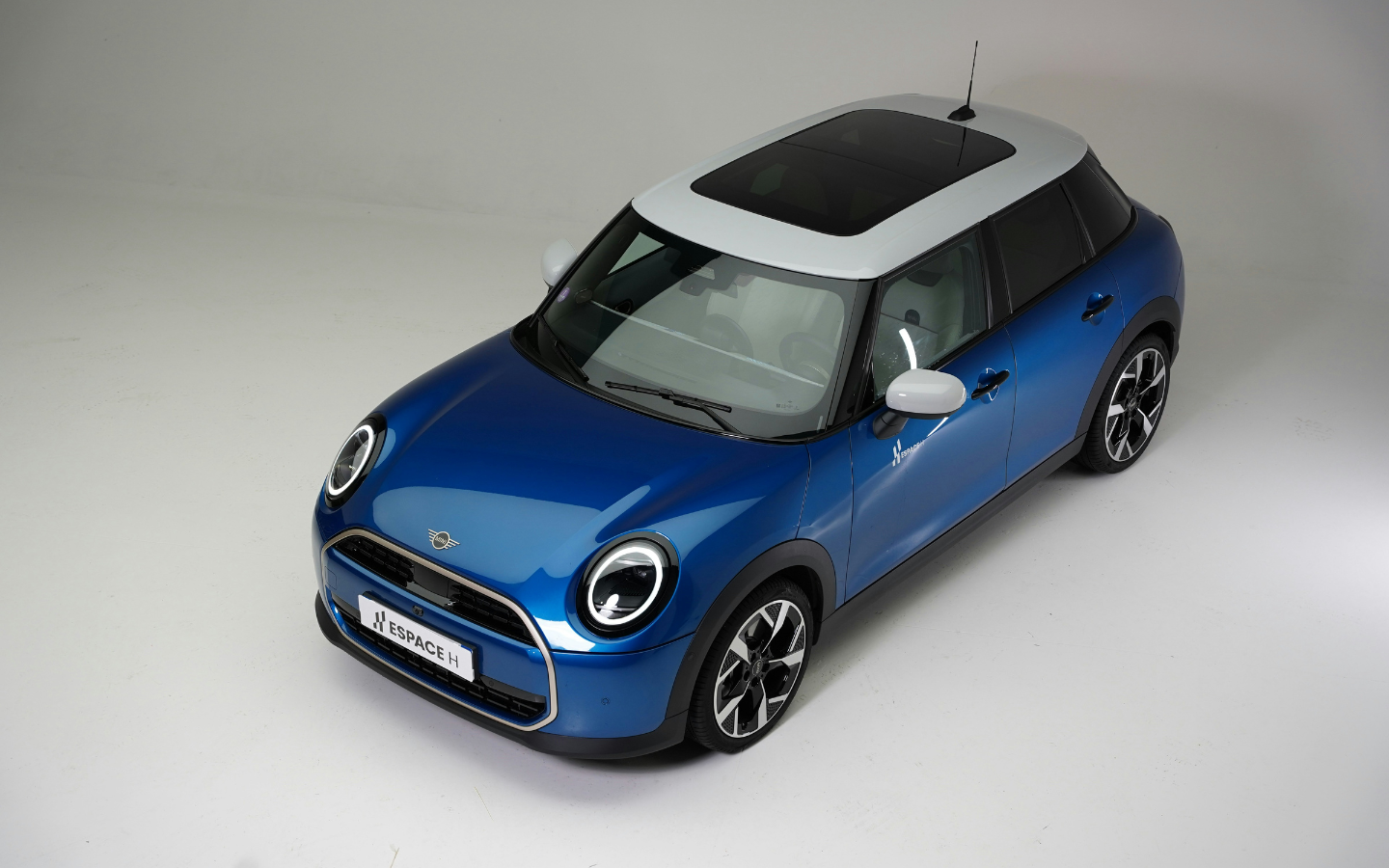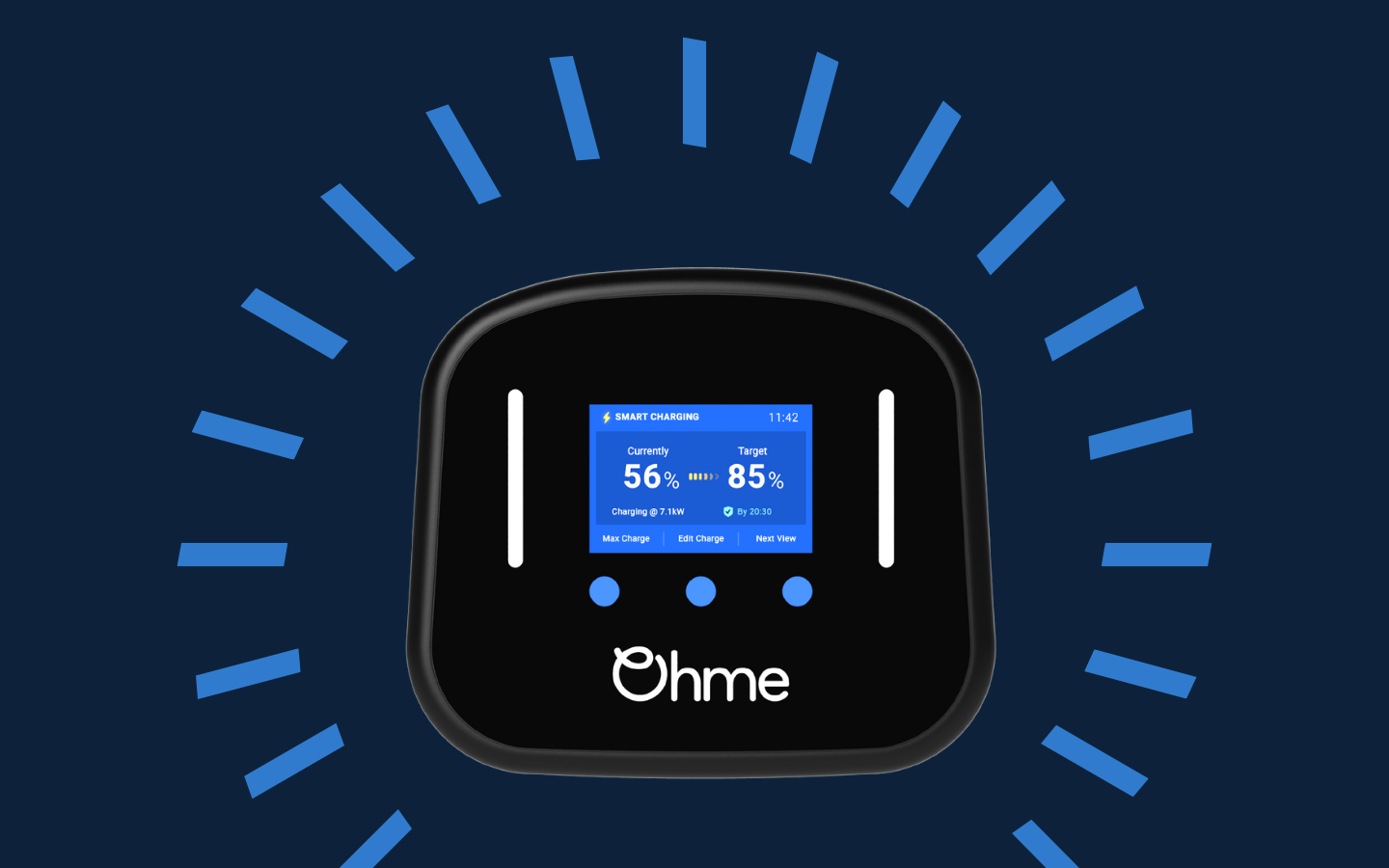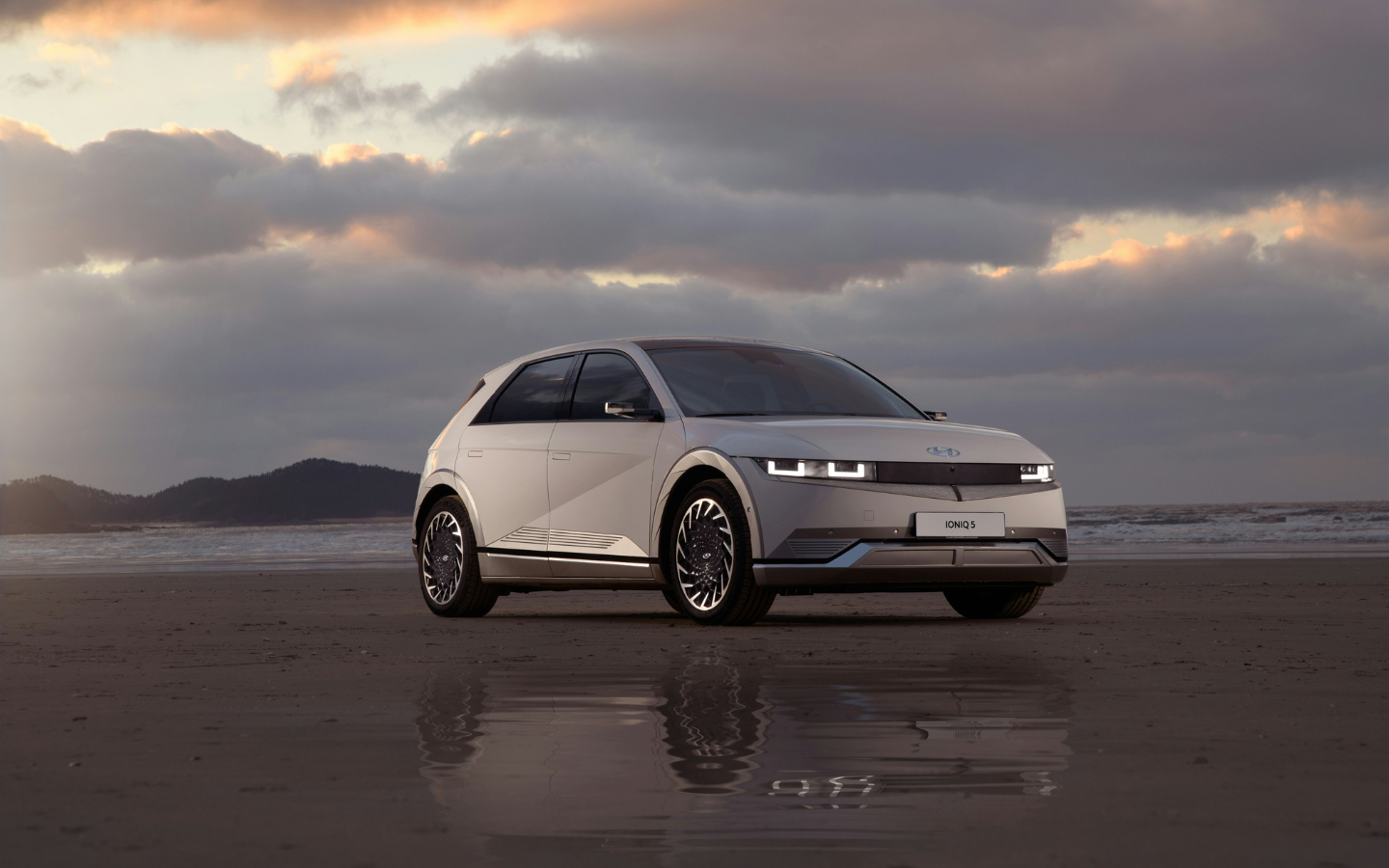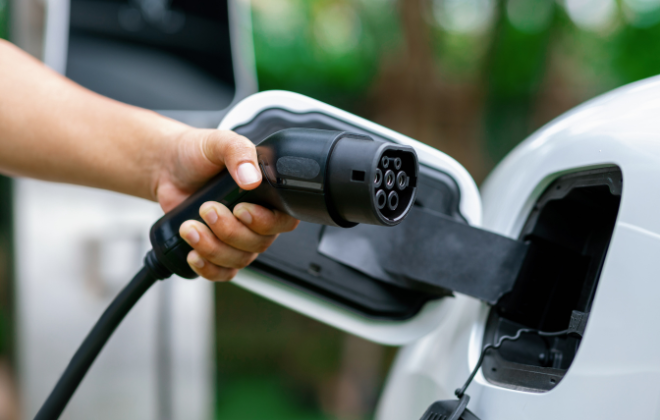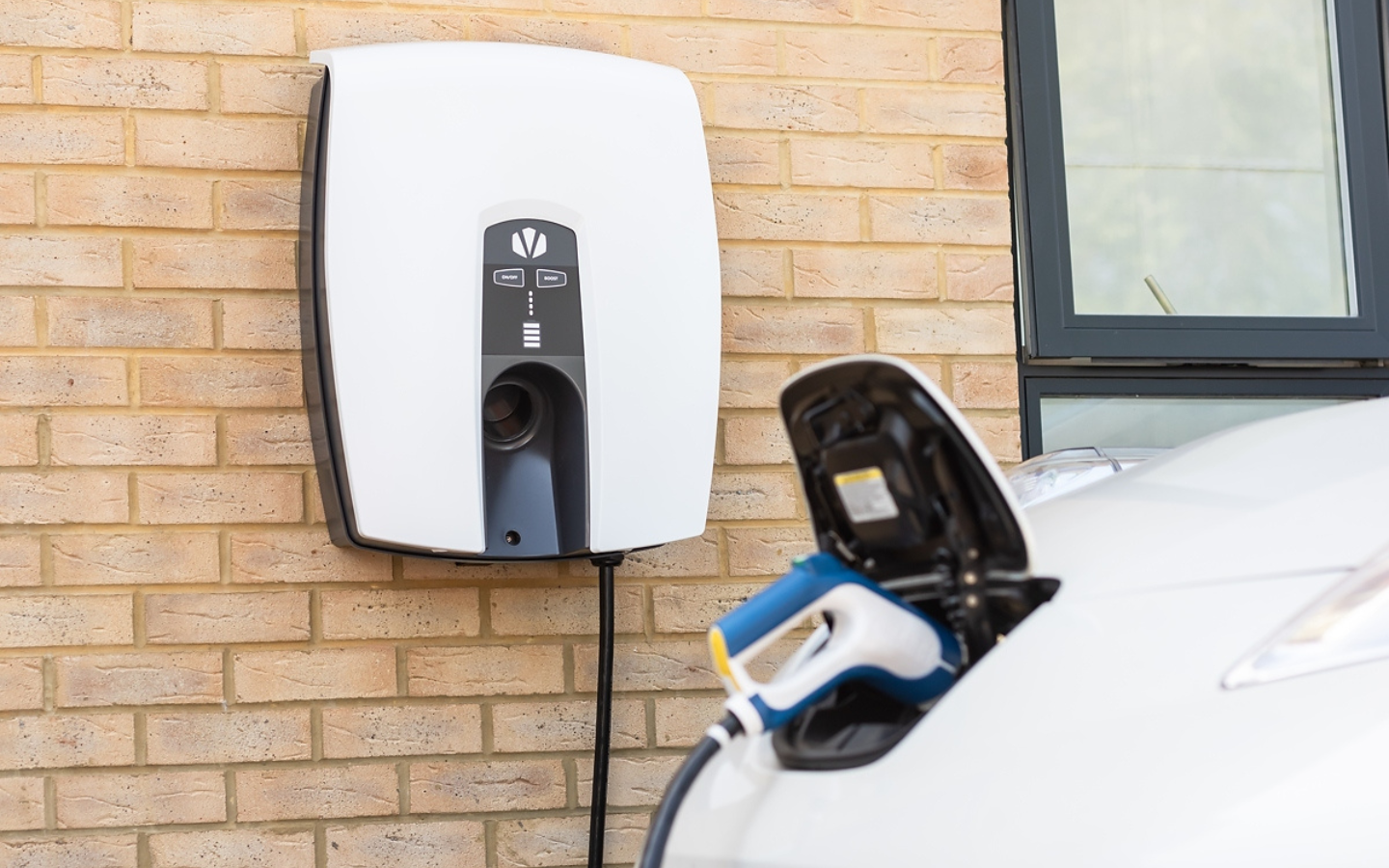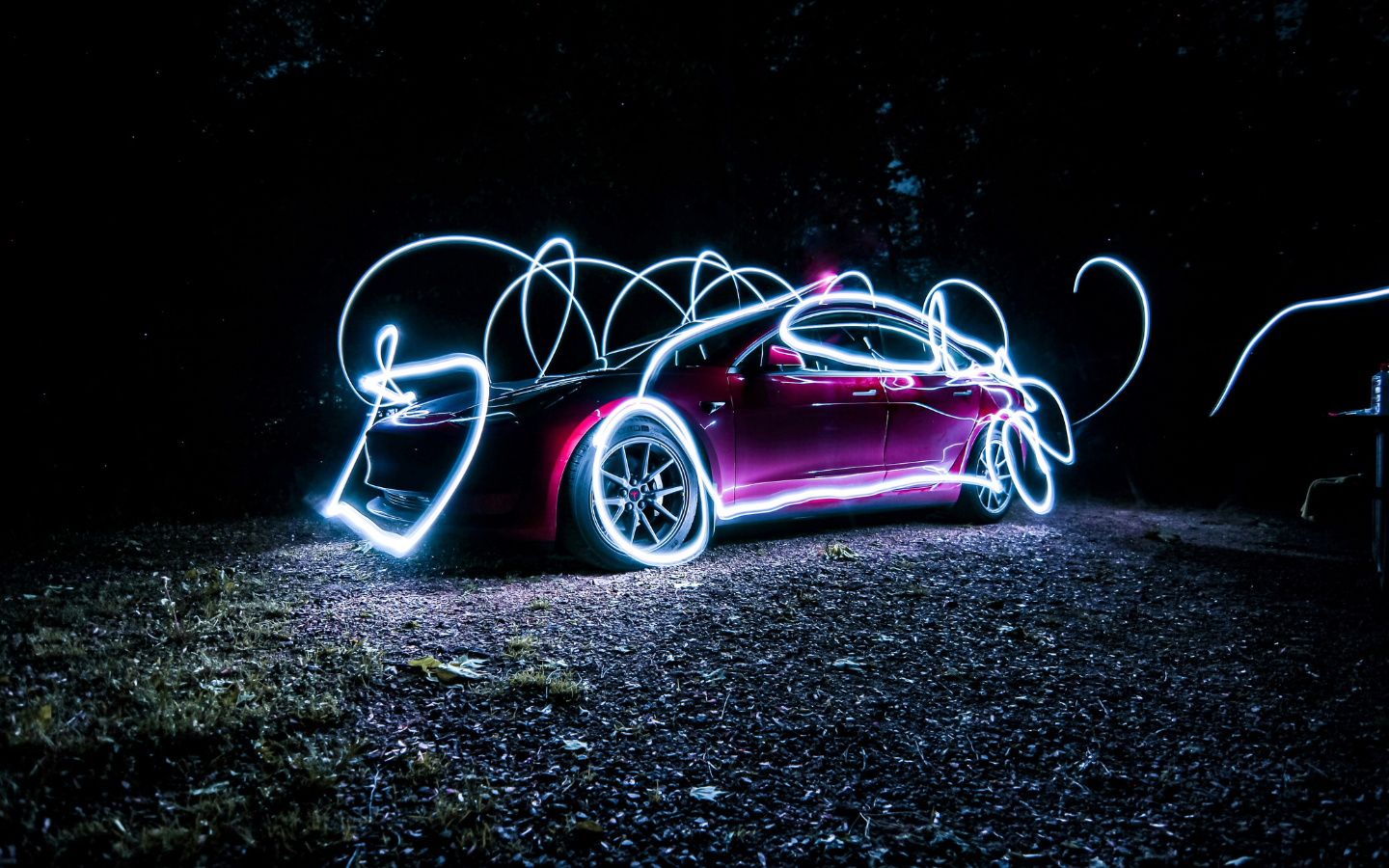

Can Electric Cars Be Charged Wirelessly?
iPhones have lithium-ion batteries. As do electric cars. So, can you charge your electric vehicle wirelessly like you can with an iPhone?
In short, yes, you absolutely can wirelessly charge your electric car – though not all EVs are ready for this tech. Really, wireless EV charging is not as widespread as the traditional charging station with cables. And it likely won’t be for a while.
In this guide, we divide and conquer the route to wireless EV charging, confirming whether wireless charging is a gimmick or a tech revolution.
Summary:
- Wireless EV charging is a convenient way to power electric vehicles without plugging in any cables. Instead, drivers park over a wireless charging pad for electric cars, which transfers energy through the air using electromagnetic induction. Inside the magnetic inductive charging pad, an electric current creates a magnetic field. When an electric vehicle with a receiver pad underneath is properly aligned, that magnetic field induces a current in the receiver, charging the battery wirelessly.
- This electric car wireless charging process works much like a phone charging pad, just on a larger scale. Some companies are even developing wireless charging roads, where charging vehicles could top up their batteries while driving or waiting at traffic lights. The goal is to make recharging seamless and automatic, helping to make electric driving even more convenient and efficient.
What is wireless EV charging?
Forget the cables, the wires and the clamps. Wireless charging technologies come in two forms: static and dynamic.
Static wireless EV charging, or sometimes referred to as inductive charging, eliminates the need to plug in and instead copies the wireless phone charging method of inductive power transfer.
How does this work, you ask? A transmitter, specifically a magnetic coil, is embedded in a pad under the ground, creating an electromagnetic field. Then, when the electric car parks on top, your EV will charge through the receiver coil inside. Like an enlarged wireless mobile phone or smart watch charger.
On the other hand, dynamic wireless charging refers to EV charging when on the move rather than when stationary. Dynamic charging, though, is stuck in its prototype phase.
Are wireless charging systems widespread?
In 2026, no, wireless EV charging is not widespread in the UK. Realistically, since it’s such new technology, it will be decades before wireless EV chargers are everywhere – if they’re adopted countrywide, that is. More on why that may not be the case to come.
That said, there are glimpses of wireless electric car charging:
- In the UK, with a gracious £3.4 million grant, wireless EV charging is being trialled in Nottingham with Volvo. There, nine electric taxis have been retrofitted with EV wireless charging compatibility, and five charging pads have been installed at the Trent Street taxi rank.
- Across the sea, Germany’s ELINA project is piloting wireless EV charging pad electric buses in Balingen.
- Another pilot includes Volvo and Genesis in Sweden, where 20 Electric Volvo CS40 taxis are being charged with wireless charging pads over a three-year span.
- Plus, Genesis trialled 23 wireless charging stations in Korea. Though this has come to an end.
- In Detroit, a wireless electric charging road was installed in 2024.
How fast are wireless chargers?
The range of speeds for wireless car chargers shifts depending on where they are located. Larger, long-distance roads of wireless charging offer higher kW rates, including 40kW to 100kW. On the other hand, smaller versions typically provide fast charge speeds, such as 7kW to 11kW.
What are the benefits of wireless EV charging?
1. Convenience, made concrete
Hands-free, automatic EV charging. Picture: coming home from a long, stressful day at work and parking up in your drive, or pulling up at your local supermarket, ready to do the weekly shop.
There’s one less action to worry about. No plug-in charging. No fuss. No faff. Your electric car automatically starts charging.
2. Boosted inclusivity
Unwinding and winding cables could be a pain point for those with disabilities, especially when EV drivers leave cables across the floor at public charging points. When parking, the wireless electric car charger automatically rectifies this issue and any other roadblocks, providing easier access.
3. Longevity
With fewer parts, such as charging cables, it’s likely the wireless EV charging infrastructure may outlive traditional electric car charging points.
What are the cons of wireless EV charging?
1. Higher cost
Transmitter pads are new technology. Fact. Add in the new supersize – given the growth needed from a phone charger to a four-seater EV-size – and it’s going to be expensive. Just like all new inventions.
Imagine where these wireless EV chargers are going to be, too…wireless home chargers will be cheaper than public charging stations, of course, but wireless charging roads will be ludicrously expensive.
2. No standardisation
All electric vehicle chargers are standardised – whether it’s smart home chargers and the smart charging regulations or the regulations for public charging points – except for wireless chargers.
With no set hardware, software or regulations, companies are approaching wireless chargers with caution.
Which electric vehicles can charge wirelessly?
Most notably, the Porsche Cayenne Electric will be available for wireless charging from 2026 onwards. Although, as noted before, it comes with a hefty price tag.
Key manufacturers that touch upon wireless charging also include: Nissan, Genesis, Hyundai, Geely, Toyota, and Stellantis.
Specifically, here are a handful of EVs that can charge through wireless systems, although each in different scenarios:
- Tesla Cybertruck
- Nissan Leaf
- Chevy Volt
- Audi-Etron
- Cayenne Electric
- Tesla Model 3
- Mercedes S550e
Wireless EV charging – is it the future or a failure?
Wireless charging for electric vehicles is far from a failure, given the infancy of the technology, and with the great potential to boost accessibility and convenience for many. But, with only a sprinkling of trials in progress, especially the limited amount in the UK, expect wireless charging on the far horizon rather than the imminent future.
Keep your eyes peeled for future updates.
While you wait for wireless EV charging, why not turn to cheaper, greener smart home charging now?
Invest in an electric car charger and charge 300% faster than a three-pin plug.
Ready to make the investment? Trust We Power Your Car. With accredited, experienced and DBS-checked EV charger installers nationwide, we can install wherever you are – offering first-class customer service and comprehensive packages. So sit back and relax as we help you pick the best charger from our wide range of leading chargers, handle DNO application, grant management, installation and more.
Below, shop our EV chargers and installation, get your free EV charger quote, or call our friendly team at 03333 44 96 99 for unbiased advice.
Alternatively, dive into the world of EV charger installation in our complete guide.
